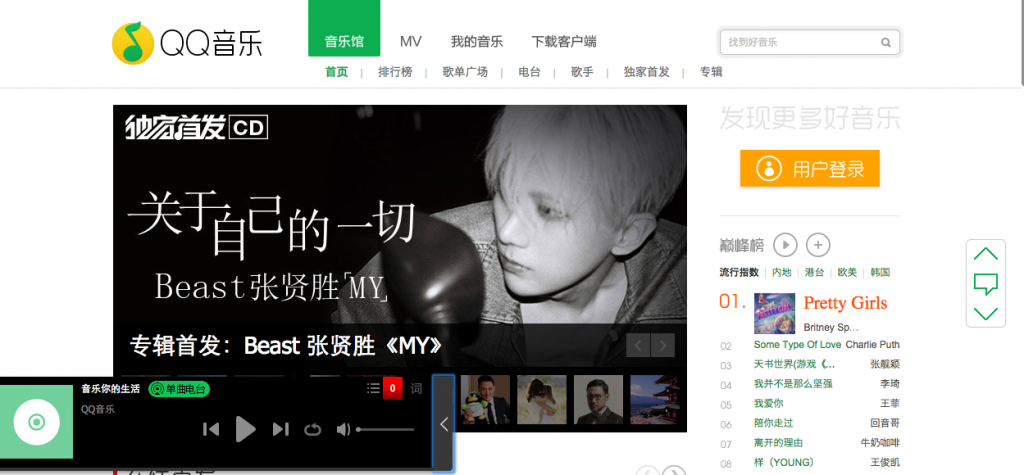Learn Chinese Through Music – Here’s How (and Why)
"Chinese women in pink, dancing (2007-07-05)" by Galeno - Own work. Licensed under Public Domain via Wikimedia Commons.
Learning a new language, especially one with a totally unfamiliar writing and phonetic system, is always challenging when it comes to vocabulary and fluency. Luckily Chinese is already a lyrical language, so using music to help propel learning can make it truly fun and memorable.
A couple of things to keep in mind before adding music to your learning tools: Chinese is a tone-based language, using four primary tones to distinguish words from one another. In songs, tones will not necessarily be accurate, as artists will change them to suit melodies; this is a better method for intermediate learners who already have the four tones and basic pronunciation down.
Second, grammar can often be slightly distorted so that song lyrics fit the melody (as we know from English songs), so keep this in mind when learning through music. Beginners should consider waiting until basic grammar and tones are mastered before making music a regular learning tool.
Curious about your current language level? Test yourself with our free Chinese (Mandarin) level tests!
Top Advantages to Learning Chinese with Music
Memory
Can you remember song lyrics from your childhood, yet forget the opening sentence of an article you read 5 minutes ago? That’s because it’s far easier remembering lyrics than pure written word. Melody and rhythm give us cues to help remember individual words and sentence strings. This is especially helpful when learning new languages, as seemingly arbitrary sounds and grammatical features begin to gain meaning the more we are exposed to them lyrically. Chinese especially benefits from this method, as its unique characters and sentence structure are tough to memorise to begin with.
Expanding vocabulary
Music is a fantastic tool for adding words to your arsenal, as a wider range becomes available through song. This also ties in with memory, as rhythm in song helps us to remember words in context. Since Chinese makes use of many repeating words that having a variety of meanings (depending on tone and context), listening to songs can help you remember individual words more easily.
Learning common phrases
Common slang and phrases are often to be found in popular songs, making this method perfect for learning Chinese idioms, colloquialisms and sayings. This is also a great boon to Chinese conversational skills, and one that will be of invaluable help when conversing with native speakers.
Insight into culture
What is music if not a cultural artefact? Learning this way will allow you a glimpse into contemporary Chinese culture, society and relationships; a valuable part of learning any new language.
Where to start:
YouTube, FluentU and QQ音乐 are great starting points, with YouTube and FluentU fantastic resources for lyric videos, making songs easy to follow along.
FluentU’s greatest advantage is that it provides transcripts and interactive tools to use while watching videos and listening to music. QQ, meanwhile, will offer you the greatest diversity in music styles and genres. This platform is a giant musical database, and began as a Chinese instant messaging service, eventually growing to include games, shopping, music and more.
Importantly, QQ doesn’t just host Chinese music, so check on each song or artist profile that is listed under 语言 (Yǔyán), 国语 (Guóyǔ) or 华语 (Huáyǔ), all of which mean Chinese. If you’re struggling to navigate QQ in the beginning, use the translate tool on your internet browser to help you find your way.
Once you find a few songs you like, get the lyrics and listen to the music, eventually singing along from your lyric sheet or screen. This method can also help you learn new characters.
FluentU, QQ and YouTube are great avenues for free resources, but you’ll still need to get your basics down with real-life lessons. Determine your level now with our free Chinese pinyin test, or contact us to enquire about beginning or advancing your Chinese lessons.




